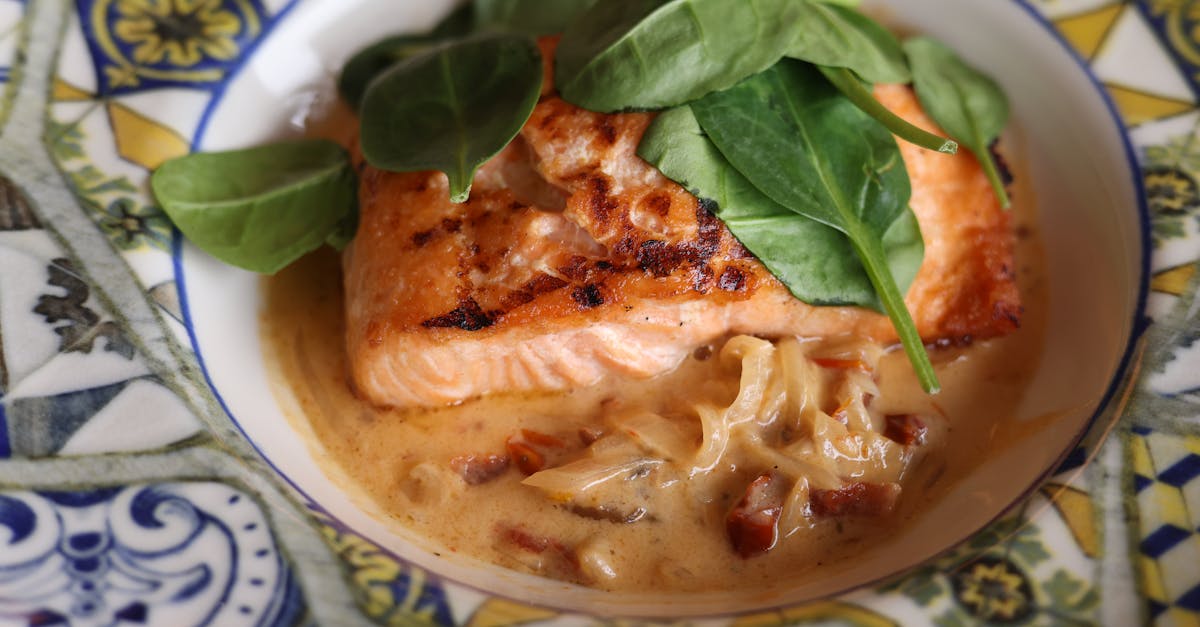Understanding How Diet Impacts ADHD Symptoms
Parents of toddlers with ADHD often juggle many challenges. One critical aspect is understanding how diet affects your child’s behavior and well-being. Research shows that certain foods can help manage ADHD symptoms. A well-balanced diet plays a significant role in maintaining concentration and reducing hyperactivity. So, let’s delve into the nutritional considerations that could make a difference in your toddler’s life.

By being mindful of your toddler’s diet, you can potentially alleviate their ADHD symptoms and enhance their overall quality of life. Stay tuned for more insights into the impact of nutrition on ADHD.
Essential Nutrients for Toddlers with ADHD
Nutrients like omega-3 fatty acids, iron, and zinc can be vital for toddlers with ADHD. Omega-3s, found in fish and flaxseed, improve cognitive functions. Iron-rich foods like spinach and red meat enhance focus. Zinc, present in nuts and seeds, aids neurotransmitter function. Incorporating these into your child’s diet might be challenging, but the benefits are worth it.
Try these tips to boost your child’s nutrient intake:
- Include fish sticks for omega-3
- Opt for iron-fortified cereals
- Spread nut butter on toast for zinc
Remember, small dietary changes can lead to significant improvements in your child’s health and behavior.

Make sure to consult with a healthcare professional or a nutritionist for personalized advice based on your child’s specific needs.
Foods to Avoid and Why
Certain foods can exacerbate ADHD symptoms, making your life even more hectic. Sugary snacks and drinks are major culprits. They can spike blood sugar, leading to hyperactivity and mood swings. Artificial additives and preservatives in processed foods can also negatively impact behavior. Opt for natural, whole foods whenever possible. It’s not just about what to feed them but also what to avoid, ensuring a balanced and healthy diet for your little one.

Meal Planning Tips for Busy Parents
Meal planning when you have a busy schedule and a toddler with ADHD can feel overwhelming. Quick, healthy meals are your best friend. Think batch cooking and freezing portions for later. Involve your toddler in the kitchen to make meal prep fun and educational. One-pot dishes, smoothies, and finger foods are great options. Foods rich in colors and textures can also be visually stimulating, making mealtime enjoyable and stress-free.
Emotional Challenges and Nutritional Solutions
Dealing with a toddler’s unpredictable behavior can be emotionally draining. Sometimes, the stress can make it tempting to turn to convenience foods. However, sticking to nutritious choices can improve your toddler’s mood and energy levels. Foods like fruits, vegetables, and whole grains can stabilize emotions and reduce tantrums. Remember, a happy, well-fed child often means a happier, less stressed parent. Prioritize planning and make healthy swaps for a positive impact on both your emotional well-being.

By focusing on nutritious options, you can navigate the emotional challenges of parenting with more resilience and provide your child with the essential nutrients for their growth and development.
Your Thoughts and Insights
We all have our stories and tips that make parenting just a bit easier. What tricks have you found helpful in managing your toddler’s diet? Share your experiences in the comments below. Perhaps you’ve discovered a magic recipe or a favorite snack that calms your child.
Let’s create a community where we exchange ideas and support each other. Your insights could be exactly what another parent needs to hear today!
